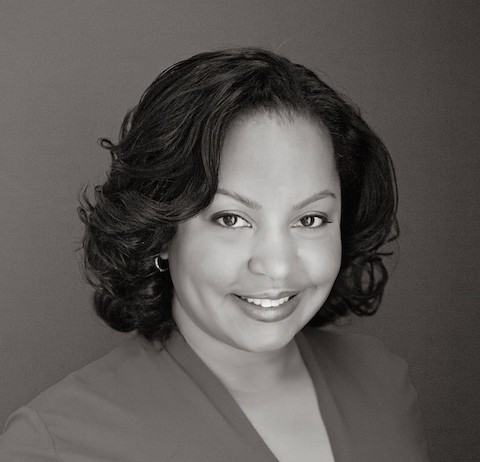Last year, the Shelby County District Attorney’a office touched 153,000 cases. That’s more cases than there are people in Bartlett, Germantown, and Collierville combined.
That number is terrifying — and misleading. (More on that later.)

But it serves to conjure up notions of imminent danger, and I suspect that’s why District Attorney Amy Weirich dropped that figure two weeks ago in Nashville, when she pressed a Senate committee to kill the “75 percent” rule.
The 75 percent rule says that whatever public funding the DA’s office receives, the public defender must also get three-fourths of that amount.
There’s no corollary: If the Shelby County Commission gives the public defender $10,000, Weirich complained, it doesn’t have to give the DA a dime.
Weirich argued that each office should seek funding independently. In a just world, that makes sense. But the criminal justice system is weighted toward the prosecution, which has powers public defenders don’t. At the prosecutor’s service are police and sheriff’s departments, and state investigators who collect evidence, and experts ready to give testimony.
The public defenders must rely on the veracity of those reports, prosecutors’ integrity, and the investigators and experts it can afford. The 75 percent rule is essential to leveling the playing field and protecting the indigent’s constitutional right to effective counsel.
Although the rule has been in effect for decades, it hasn’t been enforced. According to a 2011 report by the Tennessee Administrative Office of Courts, public defenders get 60 percent of state funding. Previous attempts to kill the 75 percent rule failed, and the most recent bill was shipped to a summer study committee.
In the meantime, Senator Randy McNally (R-Oak Ridge) has come up with a budget amendment that would gut funding for public defenders.
“If a local government provides a funding increase or supplement to the office of the public defender in the judicial district,” the amendment reads, “the appropriation made by the provisions of this act to the local government or District Public Defenders Conference for the office of the public defender in that district is reduced by the amount of the local funding.”
In English: If the county commission gave the local public defender’s office an additional $100, the state would decrease by $100 the amount of state funding for that public defender’s office. This would freeze the public defender’s budget, punish indigent clients, and boost the advantage district attorneys already enjoy.
McNally could not be reached to explain the problem his amendment solves. But the amendment is consistent with conservatives’ narrative about the poor, whose deprivation is the result of their own failings. If the poor stand accused of a crime, it’s because they’re guilty.
To right-wingers, the volumes of evidence showing racial disparities in arrest rates, conviction rates, and sentences are figments of liberals’ imaginations.
Another reason to wreck public defenders’ offices lies in prison privatization. How do you maintain a steady supply of people to fill Tennessee’s for-profit prisons?
The government can make new crimes out of previously legal behavior, manufacture a phony war on drugs, set mandatory minimum sentences, and hyper-police communities of color. Now we have another way: Bankrupt public defenders.
But let’s get back to the numbers. According to records, Weirich’s office handled 157,576 new cases in 2014. The number of cases doesn’t appear to be artificially inflated. For example, a suspect charged in connection with 14 separate robberies would count as a single case.
Of those 157,576 cases, 22 percent were traffic citations, 28 percent were misdemeanor citations, and 43 percent were misdemeanor defendants.
That means around seven percent were felony defendants accused of serious crimes like rape and murder. Suddenly, the numbers aren’t so scary.
Add to that the state Supreme Court’s recent rebukes of Weirich’s office and the reversal of two convictions, including last week’s overturned guilty verdict of accused rapist Frederick Herron, and the DA’s complaints seem less relevant.
If the legislature eliminates the checks and balances for the indigent accused, that should be a crime.